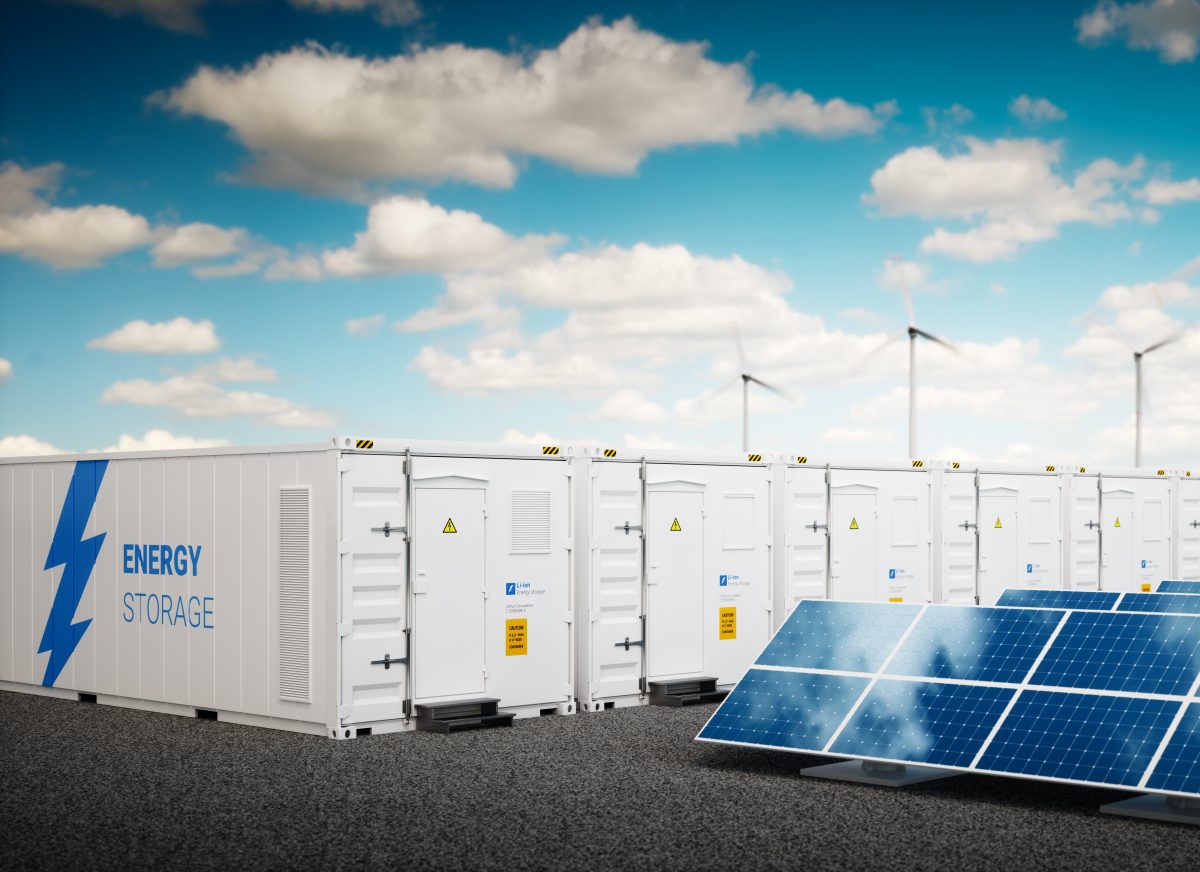More clean energy means more storage is needed to dispatch power when it is needed. The sector appears to be at a tipping point, as policies and investments get ready to kick in.
Unlike other forms of power generation like atomic energy or fossil fuels, renewable sources like solar and wind are not dispatchable 24/7. The sun does not shine at night and the wind does not always blow.
But sometimes the wind blows a lot and cloud-free days mean maximum solar output. When supply outstrips demand during these bountiful moments, the surplus power can be stored and then used when it is needed.
For many energy experts, this is the ultimate key to the energy transition. Solar and wind can completely replace polluting forms of energy if they can rely on sufficient amounts of battery back-up or other forms of storage to cover 100% of demand.
Batteries are obviously expensive and many projects rely on buying power when it is cheap and selling it when the price goes up in order to keep afloat.
The sector is going from strength to strength. Governments are getting involved with the battery industry as many of their national clean energy strategies rely on building on grid storage.
Only this week, Spain’s economic recovery initiative awarded €167 million in subsidy support to 46 different storage projects. Combined they have a capacity of 811 megawatts and will complement the 800 MW that was awarded at the beginning of this year.
Spain aims to have 22 gigawatts by 2030 in order to reinforce its renewables rollout and these new projects have until 2026 to come online, as that is when the subsidies are scheduled to dry up.
The Netherlands is also betting big on storage options: last year connected storage reached 229 MW and the government has promised more than €100 million in support for more capacity.
Beyond Europe as well, the sector is enjoying deserved attention. In Brazil, the government last week announced a capacity market auction for battery storage systems that will kick off in 2025.
Capacity markets include energy generation assets that are paid to backup the power system in case a shortfall of supply is encountered. In the past, coal power has been a backbone of capacity markets because it can be fired up quickly to cover demand.
But now that more and more countries are moving away from coal, batteries are emerging as the natural, clean successor. Brazil has identified that fact and designed an auction specifically for the technology.
It is much needed, as batteries are more expensive in Brazil than in other parts of the world because of high taxes. The South American giant has massive plans to install wind and solar, so battery backup, coupled with its formidable hydro reserves is essential.
Now comes the interesting part: can the battery manufacturing industry keep up with demand for materials like lithium? Grid storage is, after all, not the only game in town as e-mobility also needs batteries.
Other interesting questions also arise: electric vehicle batteries have a shelf-life but once they are no longer suitable for transport, they can find a second use as grid storage.
Once EVs have been on the road a bit longer and the secondhand market is fully established, this side-industry is poised to emerge in a big way. It is one to keep an eye on, as the energy transition relies heavily on batteries being able to build strong business cases.
Want more updates and analysis of what is happening in the world of energy and climate? Interested in finding a job in the sector or more information about public tenders? Sign up to our Energy Rundown newsletter here!

